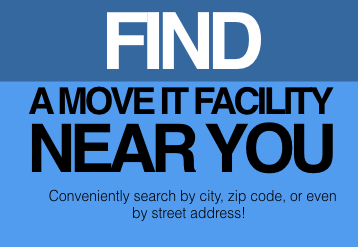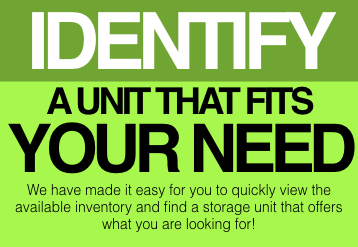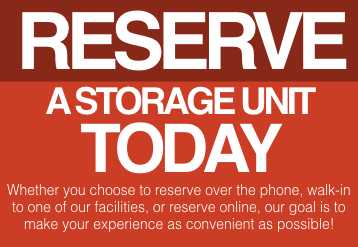
Self Storage Locations
Alabama
Texas
Alamo, TX
Brownsville, TX
Celina, TX
Cibolo, TX
Corpus Christi, TX
Donna, TX
Edinburg, TX
Fulshear, TX
Grand Prairie, TX
Harlingen, TX
Houston, TX
Katy, TX
Kemah, TX
Killeen, TX
La Feria, TX
Los Fresnos, TX
McAllen, TX
Mercedes, TX
Mission, TX
Pharr, TX
Port Isabel, TX
Richmond, TX
Rosenberg, TX
San Benito, TX
San Juan, TX
Spring, TX
Temple, TX
Weslaco, TX

